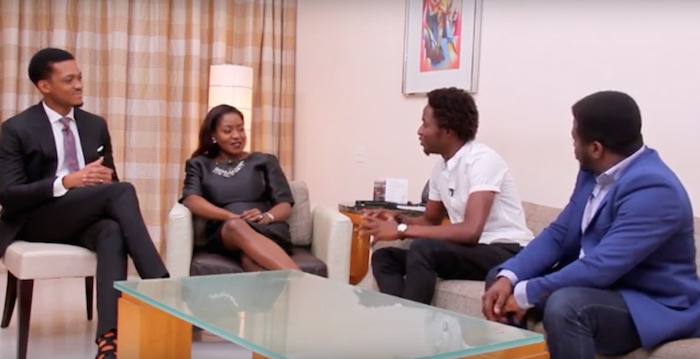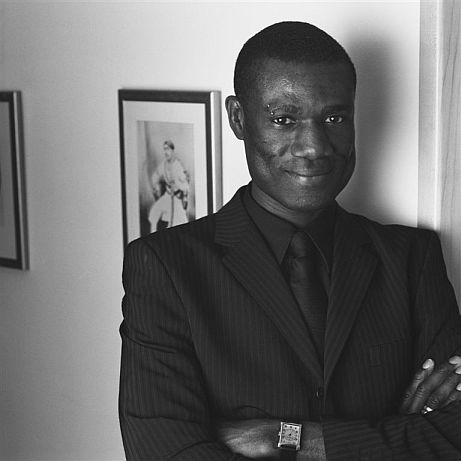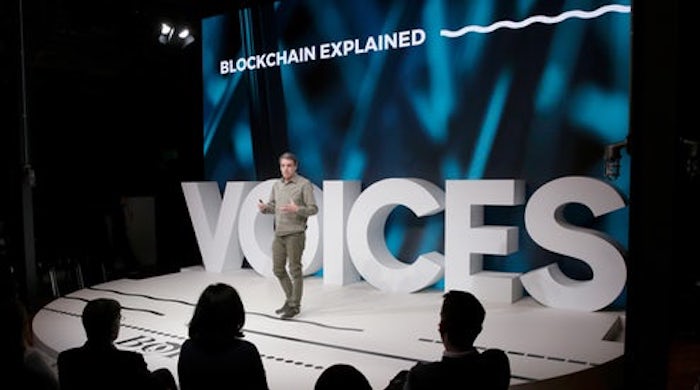Over the last few years, the South African government through its tourism arm — South Africa Tourism has rolled out an aggressive celebrity-driven campaign to lure Nigerian and West African millenials to visit South Africa. The #NigeriaMeetsSouthAfrica social media campaign; which documents sponsored expeditions to South Africa featuring a cast of Nigerian superstars like musicians — Praiz, Blogger — Noble Igwe, designer — Mai Atafo, and photographer Kelechi Amadi-Obi, seems more like a gimmick than a genuine effort to attract tourists. The PR campaign does nothing to address the fundamental reasons Nigerians and West Africans, in general, are increasingly opting for other friendlier destinations in Africa.
The exploitative, discriminatory, wrong-headed and downright inhumane visa policy carried out by the South African Embassy in Nigeria; which has outsourced its diplomacy to a third-party agency, which charges a 200% premium on a 3-month tourist visa.
The antagonism from Immigration officials at the South African borders, which once profiled, arrested and wrongfully jailed me at the airport on accusations of falsifying my South African visa (more on that later), and the continued violent xenophobic attacks on Nigerians and other African Immigrants, which the government reluctantly decries, while continuing its own bigoted foreign policy.
My long and complicated relationship with South Africa started in the winter of 2008 when I led a group of bright-eyed business school students from Boston, Massachusetts on an innovative exchange program to the Western Cape of South Africa. The program facilitated by the Social Enterprise Institute paired young students from The D’Amore Kim Business School, Northeastern University with their South African counterparts from the Tertiary School in Business Administration (TSiBA) to consult with entrepreneurs in the townships of Cape Town. Of the thirty-something students and faculty that were slated to take the trip, I was the only African and one of 3 black people, and ironically the only one who needed a visa to embark on the trip. The rest of my American colleagues got their visas on arrival in Cape Town. So began what has been almost a decade-long cycle of visa applications and forfeiture due to delays, calling in favours at the South African consulate to help expedite the process and enduring often-unpleasant experiences visiting South Africa.
Now I understand the calculations that countries have to make in determining who needs a visa and who doesn’t — socio-economics, security concerns, diplomatic relationships, alliances, reciprocity and probability for abuse, but the South African Mission in Nigeria has pretty much outsourced its non-immigrant visa process — the first point of people-to-people diplomacy, to a third-party operator with no South Africans.
The Visa Facilitation Service VFS; which serves as a go-between to help countries with high volume of visa applications avoid long lines outside their embassies, has a documented history of charging outrageous premiums for its administrative service, for instance they charge a non-negotiable, non-refundable N18,800 fee for a South African visa that costs N8,600, that’s a total of N27,400 for a 3-month tourist visa or $85. Nigerians have to fork out this ridiculous and inexplicable cost, for the convenience of South African diplomats, who despite capping all visa applications at 180/week (in their Lagos office), are routinely unable to process a simple tourist visa in their self-imposed 6-business days. On the other hand, equally amazing and picturesque countries like Kenya, Tanzania and Rwanda have instituted smarter, friendlier and more humane visa policies, allowing most if not all African passport holders apply for tourist visas on arrival, understanding that you cannot alienate and antagonize your regional allies, while welcoming with open arms old colonial powers.
Earlier this year, I have travelled to all three countries and utilised their visa on arrival option, so I can testify to the remarkable difference in efficiency and in the way Nigerians are welcomed. It doesn’t hurt that the visa fees are $30 for Rwanda, $40 in Tanzania and $50 for Kenya as opposed to the $85 equivalent it costs to visit South Africa.
Those who are lucky enough (in the eyes of the South African embassy) to successfully scale the visa hurdle, soon encounter the unmistakable hostility that accompanies the tendering of the green Nigerian passport on arrival at the port of entry. I recall one such encounter while I was transiting through South Africa back to the United States after a short visit to Nigeria following the conclusion of the aforementioned exchange program in 2008. I arrived at Johannesburg’s O.R Tambo International Airport on the red eye flight from Lagos and was going through Immigration when the attending officer determined after only a visual inspection that the entry visa; the same one I had to awkwardly explain to my American colleagues, was fake. After several failed attempts to get me to confess to illegally obtaining the visa, he decided to get tough. He brought me “upstairs” where he was allegedly going to process my deportation back to Nigeria. The whole time, I thought he was kidding since he never attempted to scan the bar code on the visa or swipe my passport biodata page. It wasn’t until I heard the screeching jail bars that I knew shit was real.
As I checked into my new digs, I pled with the guard to let me keep my phone on in case the rest of my colleagues; who were supposed to be meeting up with me at the airport, needed to reach me. Once they arrived and I told them I was locked up and why, they were so alarmed and immediately swung into action, informing the school’s high-powered attorneys, who were on the case. After almost 6 hours in the airport jail, they eventually got a hold of the South African consulate in New York, and the officer who issued the visa to confirm the legitimacy of my visa and ordered my immediate release. The arresting officer came and muttered, “you’re free to go!”. Without as much as an apology for the “mix-up” — if we can call it that.
The incidence, however, anecdotal made me think about the very real possibility that I would’ve been deported just for carrying a Nigerian passport — something no one should ever have to go through. I faced similarly aggressive interrogation on my return to South Africa in 2015, with immigration officers demanding to see ridiculous documents from the aimless yellow fever card down to dinner reservation confirmation. This treatment isn’t reserved for the average joe either, celebrities who usually visit for performances or to shoot music videos, and business travellers engaging in trade routinely have to deal with the same humiliation.
If the first few barricades don’t deter you, maybe the threat of a resurgence of xenophobic attacks; which have systematically targeted other African nationals including but not limited to Nigerians, will. I don’t know if I just happen to pick the worst times to visit South Africa, but when I did in 2008, the first wave of attacks occurred, claiming several lives and leaving scores injured, immigrant’s shops looted and their houses burned. When I returned in 2015, there was a flare-up of these attacks, this time on a larger scale claiming more lives and eliciting a backlash from Human Rights groups.
These rounds of attacks were purportedly incited by Zulu King Zwelithini, who delivered a speech telling foreign nationals to “pack their belongings and go back to their countries”. His sentiments were echoed by the President’s son Edward, who suggested South Africa was “sitting on a ticking time bomb”. Although the attacks were disavowed by government officials and lawmakers, who set up commissions to investigate them, it is impossible to separate the actions from the government’s foreign policy, which seems to endorse treating foreign nationals — especially Nigerians with suspicion.
For far too long, we have remained silent, enduring this abuse, even excusing it as atonement for the sins of previous Nigerians who have abused the system. But I offer a different explanation; its xenophobia and we must no longer condone and worse still, continue to reward it. I love the wonderful people and incredible culture and landscape of South Africa and admire the amazing work of South Africa Tourism, but can no longer sit idly by as we continue to pour our hard-earned Naira into an economy that exploits, disrespects, and mistreats us for wanting to visit or engage with them. Thus, I strongly urge my fellow Nigerians to skip all non-essential travel to South Africa, until the Government and its foreign mission stops treating all Nigerians like criminals-in-waiting and start living up to the ideals its tourism division preaches.
Article by Ernest Danjuma
Ernest Danjuma is the founder and Managing Partner of Denda Group, a brand design and growth strategy company that uses design thinking and effective creative storytelling to build and grow start-ups, small businesses and social enterprises.
Founded in 2007, Ladybrille® Magazine is a California based pioneer digital publication demystifying the image of Africans in the west through contemporary African fashion and celebrating the brilliant woman in business and leadership, with an emphasis on the African woman in the diaspora. Our coverage includes stories on capital, access to markets, expertise, hiring and retention, sales, marketing, and promotions.









WOW!
Your point is taken!
I went once and said never again!